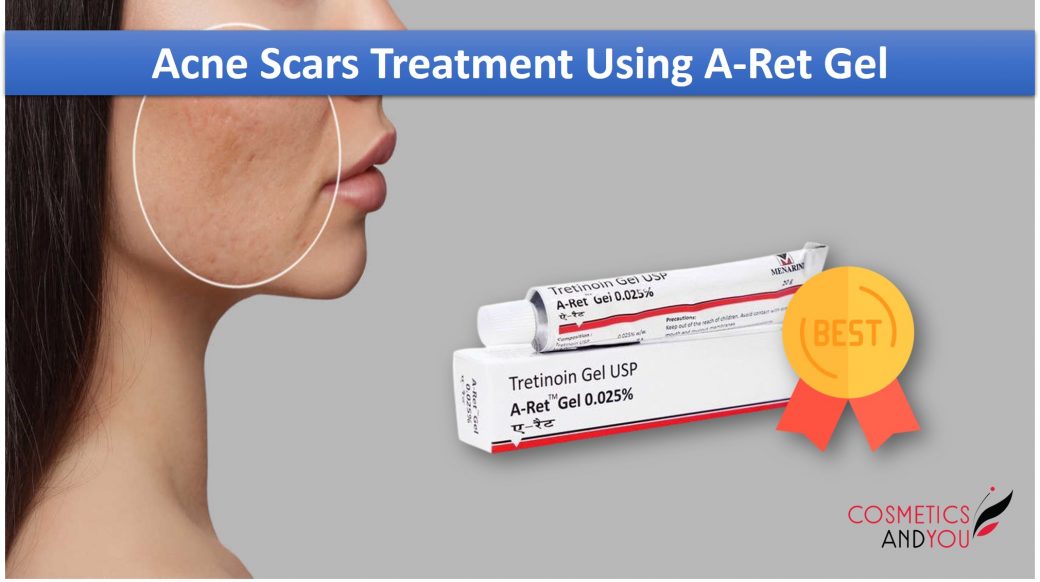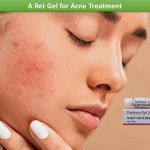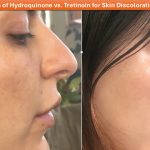Acne is a common skin condition that affects most people in their lives at one point in time, and to some people, it even affects more than once. Acne develops when oil and skin cells clog hair follicles; bacteria also infect the follicles, resulting in inflamed and large skin bumps on the skin, commonly known as cystic acne (considered as the severe condition of acne). In most cases, acne condition usually appears on the face, forehead, chin, and back neck, but it is not limited to these areas only because it can affect any part of the body. As per stats, about 50 million US population have acne, and the vast majority of acne sufferers consider scars as complicated skin issue to treat. Acne scars can have a deep impact on self-esteem, appearance, and overall confidence of a patient.
Markets are loaded with different preparation to treat acne; selecting the correct one can be hard for a person looking for the right treatment to get rid of acne. For the safe usage of topical acne formulation, it is always best to consult a dermatologist to understand if an acne product you want to use will be suitable for your skin or not. One of the most prescribed and popular products is A-Ret gel, consisting of Tretinoin as the main active ingredient. Tretinoin belongs to a drug called retinoic acid, and it is the generic name for synthetic vitamin A. The formulation is effective enough in making skin cells grow more effectively. Retinoids are commonly used for treating acne, fine lines, psoriasis, and hyperpigmentation. Tretinoin is one of the most effective and strongest topical products that dermatologists rely on to treat acne and skin ageing issues. Tretinoin comes in different forms (like cream, gel, lotion etc.) and strengths.
What is Acne Scars?
Acne scars are the result of a severe acne condition; you get the acne marks (scars) on your skin even after your acne is treated. If you are annoyed with these scars, you can approach the easy and affordable treatments to remove these scars. The healthcare industry has safe and effective methods to diminish acne scars. The treatment of scar removal includes laser, chemical peels, minor skin surgeries and fillers. Before considering a scar treatment, it is important to clear your acne completely first as acne’s new skin formation can lead to more acne scars. Many dermatologists rely on and recommend Tretinoin gel to treat acne scars. As per research, A Ret Gel topical formulation can better penetrate the skin to its best extent to lighten acne scars’ appearance by helping new cell growth at the existing scar site.
Easy Steps to Treat Acne Scars
The best way to prevent acne scars is to treat your acne timely. The more time you will allow acne to stay on your skin, you will be inviting more collagen to damage your skin. The specialists recommend treating the entire face if your skin is acne-prone because treating the whole face helps prevent pimple formulation.
The second most popular way to prevent acne scars is by not touching, squeezing, and allowing several experiments on acne affected skin area. Frequent touching and squeezing leads to damage skin glands, small veins, and tissues by increasing inflammation, discolouration, and potential infection.
The third easiest and the most affordable way to prevent acne scar is using a retinoids formula. Opting tretinoin formulation in the form of an A-Ret gel as your regular skincare routine will help stimulate skin collagen production to fill scars sports by improving their appearance. The regular application of Tretinoin on the affected area once daily 30 minutes before going to bed offers visible improvement. Wash your hands and face (with mild herbal cleanser) before applying the A Ret gel. Follow this routine for up to 8 weeks to achieve a noticeable result. Studies show that Tretinoin based formulation has the best potential to flatten acne scars for up to 79% in patients. Keep Tretinoin away from your eyes, nose, nostrils, and mouth. Experts also suggest treatments like isotretinoin and cortisone injections to decrease acne inflammation that initiate the scarring.





